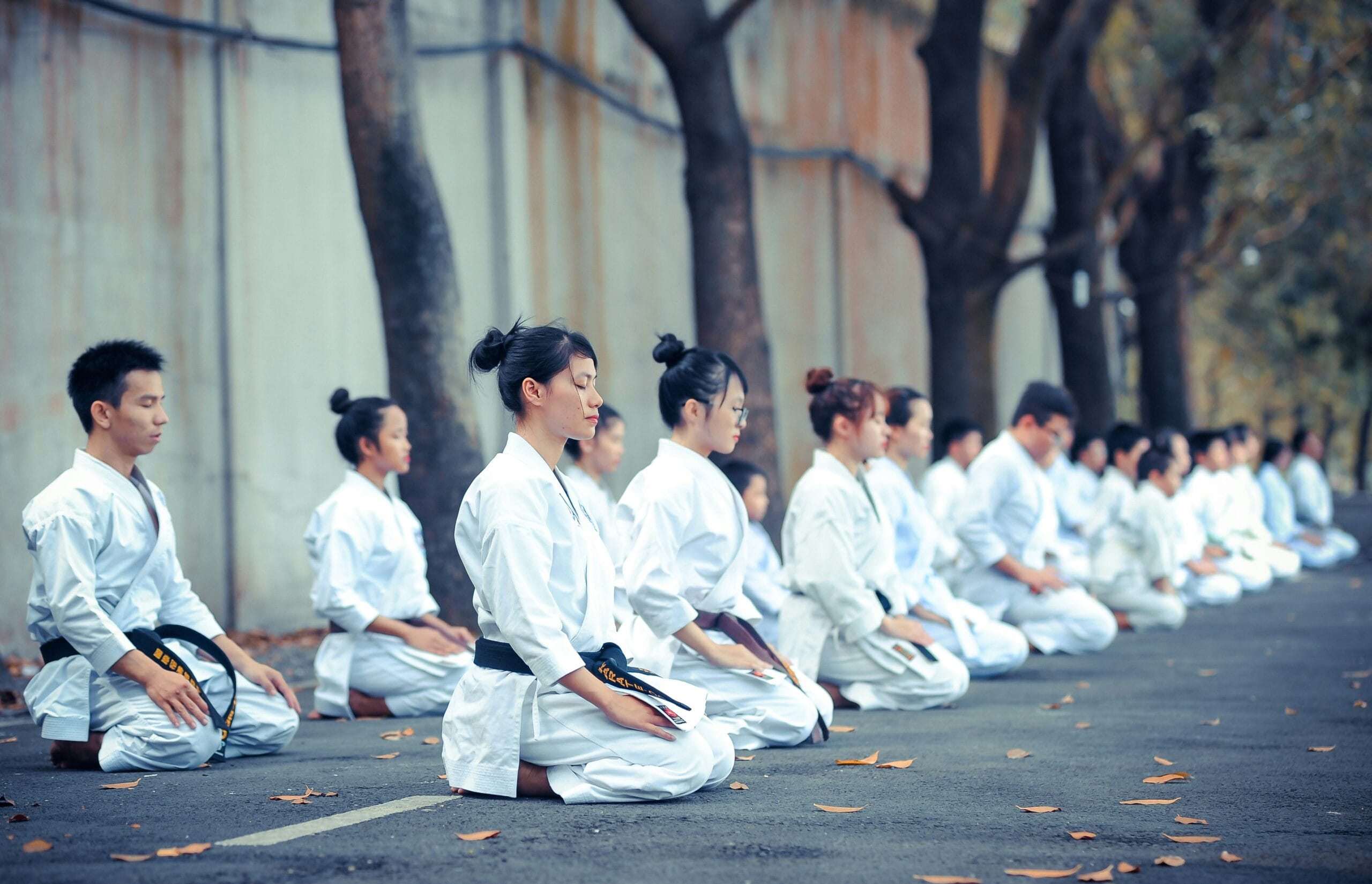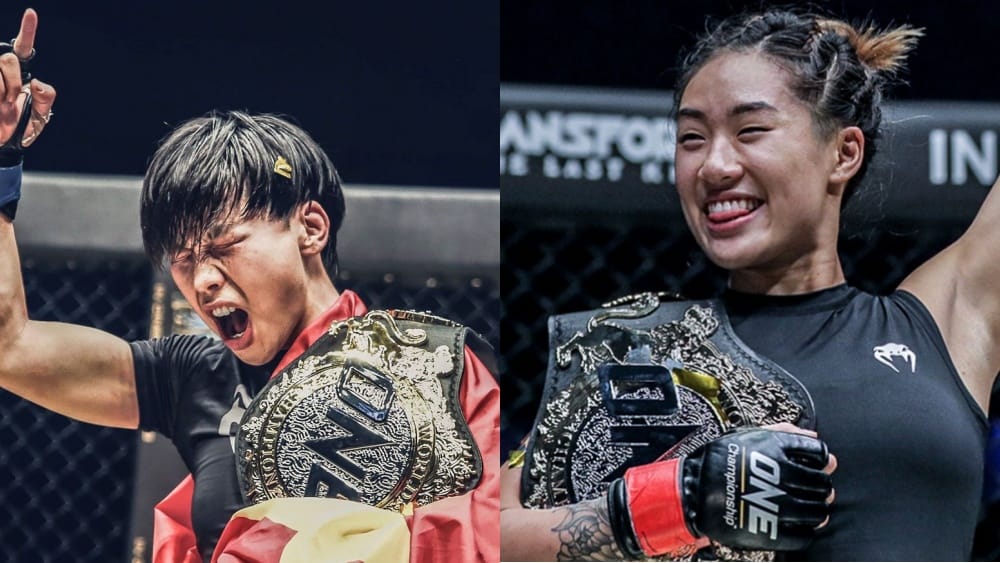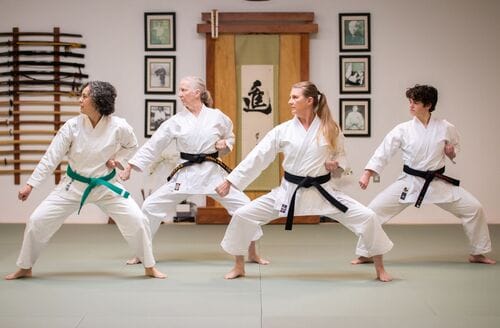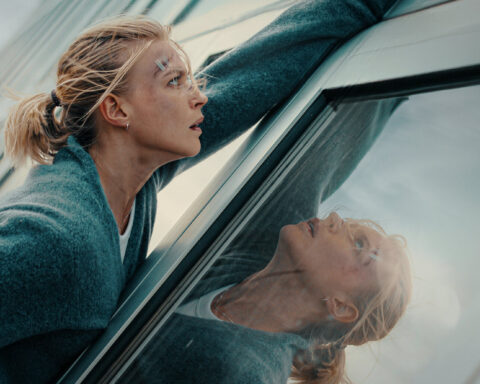The history of women in martial arts is rich and multifaceted, demonstrating that the participation of women in combat sports is not a recent development, but rather a tradition that spans centuries and transcends cultural boundaries. Across various societies and epochs, women have engaged in forms of self-defense, martial training, and even warfare, contributing significantly to the evolution of martial practices.
The influence of feminist movements has also played a crucial role in shaping women’s participation in combat sports. As societies progressed, the push for gender equality brought about significant changes in sports participation, encouraging women to engage in activities that were previously deemed inappropriate or unsafe. Notable advancements in the late 20th century, coupled with the rise of women’s competitive teams and organizations, have set the stage for female athletes to thrive in martial arts disciplines.
Moreover, contemporary martial arts now encompass a diverse array of styles where women not only participate but excel, often breaking barriers and defying stereotypes. From Brazilian Jiu-Jitsu to mixed martial arts, women have demonstrated remarkable skill, resilience, and determination. The importance of feminism within the realm of sports underscores the need for inclusivity and recognition of women’s contributions, ensuring their rightful place in martial arts history.

Early Female Martial Artists and Their Impact
The history of martial arts is often portrayed as a predominantly male domain, yet countless women have demonstrated remarkable prowess, courage, and determination in these disciplines. Early female martial artists not only broke gender barriers but also significantly influenced the trajectory of martial arts, inspiring future generations. Among these pioneers were figures like Gwendolyn T. Gibbons, an influential teacher of Aikido in the United States in the 20th century, who combated prejudice against women in martial arts training. By showcasing the effectiveness of Aikido as a self-defense system, she encouraged numerous women to engage in martial arts, fundamentally altering the perception of female participation in these practices.
Similarly, in Japan, the legendary figure of Tsubame Yamamoto emerged in the late 19th century. Not only was she a skilled practitioner of Jujutsu, but she also founded her own school. Tsubame faced significant societal challenges, including resistance from a male-dominated martial arts community. Nevertheless, she succeeded in establishing her dojo, serving as a crucial stepping stone for subsequent generations of women in martial arts. Her tenacity and leadership helped pave the way for women students, making martial arts training more accessible and accepted for females.
Across cultures, women such as Yvonne Chaka Chaka in South Africa and Sifu Carmen Montano in the United States shared a similar pursuit—integrating martial arts as a means of empowerment and self-actualization in a world often resistant to female participation in sports. They exemplified the ability to balance their roles as practitioners and instructors while dismantling inherent stereotypes. Despite facing rigorous societal challenges, these early female martial artists laid the groundwork for the emergence of feminist ideologies within the sports landscape, advocating for equality and representation. Their legacy continues to resonate, reinforcing the critical importance of women’s roles in martial arts history.

The Evolution of Women’s Martial Arts in the 20th Century
The 20th century marked a significant transformation in the landscape of martial arts, particularly concerning the involvement of women. In the early decades, traditional martial arts were largely male-dominated, with women seldom participating in formal training or competitions. However, as societal norms began to shift, so too did the opportunities for women in combat sports. This period saw the emergence of various movements advocating for women’s rights, which concurrently propelled interest in martial arts among women.
One of the earliest indicators of this evolution was the establishment of women’s martial arts organizations in the 1970s and 1980s, aiming to promote training and facilitate tournaments for female practitioners. These organizations played a pivotal role in creating a supportive environment for women who wished to engage in martial arts. As they gained traction, more women began to pursue disciplines such as karate, judo, taekwondo, and Brazilian jiu-jitsu, which were previously seen as predominantly male practices.
The rise of women’s tournaments was another crucial milestone. Events such as the International Women’s Martial Arts Federation Championships provided a platform for women to showcase their skills and compete at high levels. This influx of female competitors contributed to changing attitudes towards women’s participation in combat sports. As these tournaments gained visibility, public perception began to evolve, recognizing women not only as participants but as valuable contributors to the martial arts community.
Moreover, the latter half of the century saw female athletes gaining representation in major competitions, including the Olympics, which further solidified the presence of women in martial arts. The inclusion of women in these high-profile events helped challenge gender stereotypes and highlighted the importance of physical prowess among female athletes. This evolution in martial arts paralleled broader societal changes regarding gender equality, thus making a lasting impact on sports at large.

Feminism and its Role in Martial Arts
Feminism has played a significant role in shaping the landscape of martial arts, providing a foundation for women’s participation and representation in sports traditionally dominated by men. The feminist movements of the late 20th and early 21st centuries have emphasized equality, challenging societal norms that restricted women’s involvement in various physical activities, including martial arts. This shift has not only inspired individual female practitioners but also transformed the perception of women in combat sports.
Key feminist figures have emerged within the martial arts community, advocating for equal opportunities, recognition, and respect for female athletes. Trailblazers such as Ronda Rousey, who became the first female fighter in the Ultimate Fighting Championship (UFC), have shattered glass ceilings and paved the way for future generations of female martial artists. Organizations such as the Women’s Sports Foundation have actively promoted girls’ and women’s involvement in sports, including martial arts, addressing the unique challenges they face.
Furthermore, the integration of feminist ideals within martial arts extends beyond competition; it encompasses self-defense training that empowers women to protect themselves. Many martial arts schools and instructors incorporate feminist principles into their curriculums, teaching not solely techniques but also fostering confidence and resilience among female students. This approach not only enhances the physical capabilities of women but also cultivates a sense of community and support that is crucial in addressing issues of inequality.
Despite these advancements, the fight for equal recognition and opportunities in martial arts continues. Women still face challenges in gaining visibility, sponsorship, and equal pay compared to their male counterparts. The ongoing efforts of feminist activists and organizations highlight the need for persistent advocacy and change within the martial arts realm. Their contributions remain vital in ensuring that the future of martial arts is not only inclusive but also equitable for all athletes.
Challenges Faced by Women in Martial Arts Today
Despite the progress made in recent years, women in martial arts still encounter a variety of challenges that hinder their full participation and representation in the sport. One of the primary difficulties is gender discrimination, which persists at both recreational and competitive levels. This discrimination can manifest in several ways, including biased treatment by coaches, inadequate support from training facilities, and a lack of recognition in the public sphere. Female fighters often report feeling undervalued, which can discourage them from pursuing their training and competitive goals.
Another significant challenge is the underrepresentation of women in competitions. In many martial arts disciplines, female athletes find themselves competing in fields where men dominate. This disparity often leads to fewer opportunities for women to showcase their skills, impacting their visibility in the sport. The competition landscape can be unwelcoming, with limited events tailored specifically for women, resulting in fewer female role models for aspiring martial artists. The lack of representation can perpetuate stereotypes and reinforce the idea that martial arts are primarily male-oriented.
Access to resources and training is another barrier faced by women in martial arts. Many women express concerns over the availability of coaching, mentorship, and financial support, particularly in traditional martial arts schools. There’s often a scarcity of female instructors, which can deter young girls from even starting their martial arts journey. This lack of access underscores the need for systemic change within the martial arts community. To combat these challenges, women’s solidarity and support networks play a vital role. These networks can provide mentorship opportunities, funding, and create safe spaces for women to train and compete. By building inclusive environments, the martial arts community can empower female athletes and promote equality across the sport.

The Benefits of Feminism in Martial Arts
The integration of feminist ideologies into the realm of martial arts has yielded significant positive impacts, particularly concerning the participation and empowerment of female athletes. By advocating for gender equality, feminism has played a crucial role in creating an environment where women feel encouraged to engage in martial arts without facing prejudice or bias. This shift has led to an increase in female participation across various disciplines, from traditional forms like Judo and Karate to modern variations like MMA (Mixed Martial Arts).
Feminism promotes a sense of empowerment among female martial artists, enabling them to cultivate confidence, discipline, and resilience. As women train alongside their male counterparts, they not only acquire self-defense skills but also challenge societal norms regarding gender roles and capabilities. This empowerment resonates beyond the training mat, encouraging women to assert themselves socially and professionally, contributing to a broader cultural shift towards gender equality.
Moreover, the adoption of feminist principles facilitates the establishment of healthier and more inclusive training environments. Gyms and dojos that embrace these values are more likely to implement policies that support diversity, create safe spaces, and offer equal opportunities for both sexes. This inclusivity not only enriches the overall experience of martial arts but also aligns with the core values of respect and discipline inherent in these practices.
Furthermore, the promotion of gender equality in martial arts organizations and competitions fosters better representation of women in leadership roles and decision-making processes. As female athletes continue to gain visibility and recognition in competitions, it helps shatter stereotypes and encourages future generations to partake in martial arts. The effects of feminism extend far beyond personal growth; they create a ripple effect that benefits the entire martial arts community, making it stronger, more unified, and more equitable.
Case Studies of Female Athletes
Throughout history, female martial artists have made significant strides within the sport, challenging societal norms and addressing gender disparities. One prominent figure is Rachael Levine, who has not only excelled in Brazilian Jiu-Jitsu but has also advocated for more women to participate in martial arts. Levine holds multiple championship titles and has used her platform to encourage young women to engage with martial arts, emphasizing its benefits in self-defense and personal empowerment. Her active presence on social media serves as an inspiration, motivating countless young girls to break through barriers and pursue their passions.
Another compelling case study is that of Michelle Waterson, a professional mixed martial artist and a prominent figure in the UFC. Waterson, known as the “Karate Hottie,” has successfully showcased women’s strength and resilience in a traditionally male-dominated field. Through her victories and challenges in the octagon, she has become a role model for aspiring fighters, proving that success in martial arts can come from dedication and hard work. Additionally, Waterson is vocal about the importance of female representation in sports, advocating for equal opportunities and recognition for female athletes.

Moreover, the story of former Olympic gold medalist Kayla Harrison highlights the transformative impact of martial arts on women’s lives. Harrison, who has achieved remarkable success in judo, continues to champion for women’s rights, speaking up about sexual abuse within the sports community. Her advocacy work demonstrates that female martial artists are not just athletes but also powerful activists, using their experiences to drive social change. These case studies illustrate the multifaceted roles women play within the martial arts realm, both in competition and as advocates for broader societal issues.
The Future of Women in Martial Arts
As we look ahead, the future of women in martial arts appears promising, with increasing momentum towards gender representation and equity within the field. Over recent years, there has been a notable shift in the perception of female fighters, with many overcoming stereotypes and traditional barriers to assert their place in various martial arts disciplines. This trend is expected to continue, propelling more women into public view as skilled practitioners and competitors.
New opportunities for female athletes in martial arts are rapidly emerging. Many organizations and federations are now prioritizing women’s divisions, ensuring that female fighters have more platforms to showcase their talents. As more events introduce equal pay structures and promotional support for women, aspiring martial artists are likely to find pathways that were previously unavailable. This is significant for nurturing talent from grassroots levels to professional competitions, creating a more inclusive environment that encourages participation from women of all backgrounds.
Increased visibility is also a key aspect of this future landscape. The representation of women in martial arts media—through documentaries, social media, and promotional campaigns—will play a crucial role in altering public perceptions. These platforms can highlight female athletes not only as competitors but as role models and leaders in the community. This visibility fosters a culture of respect for women’s contributions to martial arts, reinforcing their significance in the sport.
However, ongoing advocacy and support are vital to sustain this progress. Engaging both male and female allies to champion equity within martial arts organizations can further strengthen the initiatives aimed at enhancing women’s roles. By prioritizing a collaborative approach that includes mentorship programs, educational resources, and mental health support specifically tailored for women, the martial arts community can foster an environment where female athletes thrive. The future of women in martial arts is bright, and with concerted efforts, the landscape will continue to evolve towards greater inclusivity and respect.

The Importance of Continued Advocacy For Women in Martial Arts
Throughout history, the contributions of women in martial arts have often been overlooked, despite their significant roles in shaping various disciplines and promoting equality in sports. From early trailblazers who broke gender barriers to contemporary athletes excelling at international levels, women have demonstrated courage, resilience, and skill. Their achievements not only enrich the history of martial arts but also serve as a powerful inspiration for future generations of female martial artists.
As we reflect on these contributions, it is imperative to recognize the ongoing need for feminist activism within this space. Advocating for women’s rights and their representation in martial arts is crucial in dismantling long-standing prejudices and ensuring equal opportunities. The fight for gender equity in sports is not merely a battle of individual empowerment but rather a collective endeavor that involves communities, organizations, and individuals working together to create supportive environments for women in martial arts.
Engagement from various stakeholders is essential to promote awareness and drive meaningful change. By championing women’s participation in martial arts, we foster an inclusive environment that acknowledges their diverse talents and contributions. Continued advocacy can lead to increased visibility for female athletes, equitable funding and resources, and supportive policies that nurture growth and development in the sport. Furthermore, as women in martial arts gain recognition, they also inspire broader societal change, challenging stereotypes and paving the way for future generations.
In summary, the journey of women in martial arts demonstrates not just personal empowerment but also the broader implications for equality in sports. Collective action and continued advocacy will facilitate a thriving environment for women in martial arts, ensuring they receive the recognition and opportunities they rightfully deserve. By reinforcing these principles, we can contribute to lasting progress and inspire a new era of female martial artists.






